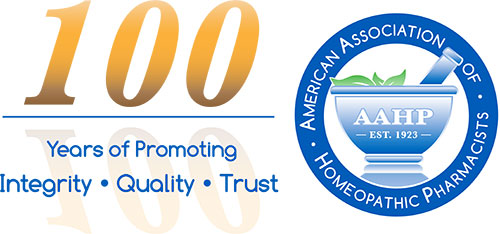Delivering Key Messages

By Alissa Gould, public relations manager, Boiron USA
June 1, 2017
Building on April and May 2017 articles on preparing for important communications and developing key messages, this article will focus on delivering those messages. Now that you have a mental road map of where you want to drive the conversation with a retailer, doctor, regulator, or reporter, how can you steer the conversation back to safe ground when it goes off track? As with last month’s article, we encourage you to pass along these tips to others in your company.
Practice makes perfect: Now that you have developed your three key messages, either keep these points in front of you if communicating over the phone, or practice them aloud to prepare for a live presentation or a TV interview. Rehearsing sound bites for a big interview aloud in the car has been very helpful to me.
Be proactive: Interviews, like other conversations, are a two-way street. It’s your interview too, so don’t reactively wait for a question. Seize any opportunity to share your message; keep your main objectives in mind and provide examples to support them. (For example, “Homeopathic medicines are an important option to treat everyday common conditions. They are safe and effective medicines that can complement conventional therapies.”)
Bridging: This is the single most important technique to master in communications! “Bridging” refers to redirecting the interview back to topics you want to discuss. Just because you are asked a question doesn’t mean you have to answer it. To make this transition, use phrases like, “What you might find interesting is…,” or “It’s important for you to understand…,” or “That’s an interesting question, but the real issue is….”
Stick to your subject — the facts about homeopathy — and do not speculate! It’s okay to say you don’t know the answer, especially if it’s out of your area of expertise. Try this bridge: “That’s not my area of expertise, but I can tell you…” Then offer to find answers to questions you may not know or recommend talking with a specific expert.
If you get off track, try “Let me take a step back for a moment,” or “First I’d like to say….”
Don’t repeat a negative question! Think of phrases that can help you deflect a question. For example: “That’s a common misperception, but…,” or “I understand why there is a concern, but in reality….”
Beware of techniques to draw out information: If you are not giving a reporter what they want to hear, beware of their tactics. Some reporters may play dumb or act as if they are your friend. They may say cite an “anonymous” source in order to have you correct information or ask your opinion about something. They may purposely try to make you angry or emotional. All of these tactics may be meant to draw out statements from you. Bridge, stick to your key messages, and after you’ve said what you wanted to convey, wrap up the interview. Tell them that’s all the time you have.
Similar to hiring an attorney for a deposition, considering hiring a media consultant for a high-profile media interview.
Make it personal to the audience: Use the word “you” a lot. Give examples that are important to the audience. (For example: “Homeopathy offers another choice to you and other mothers who are concerned about what they are giving their family and what they are putting into their body.”)
With these considerations in mind, you should feel prepared and confident in delivering your messages. Next month I’ll focus on anticipating difficult questions and preparing answers.
